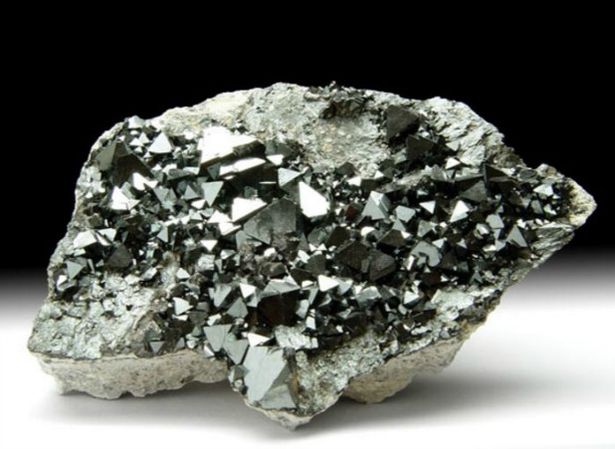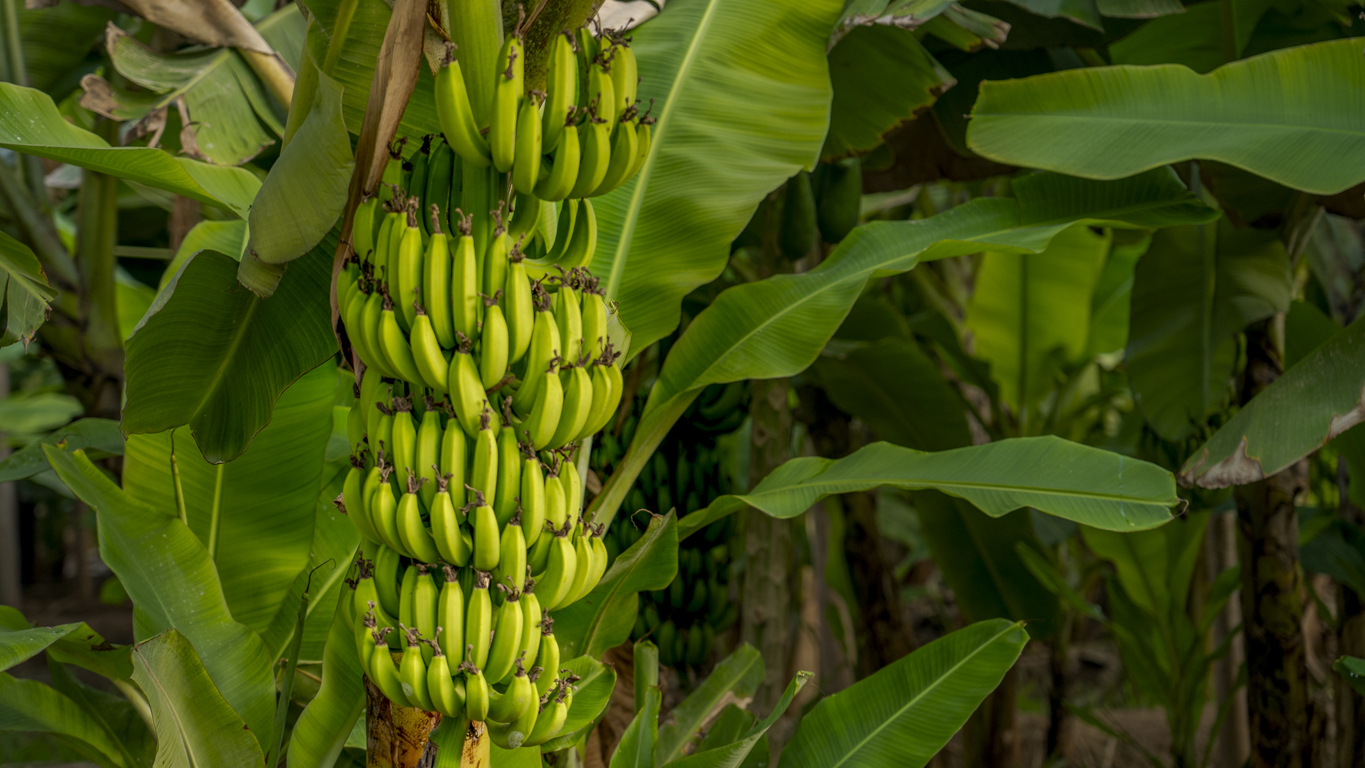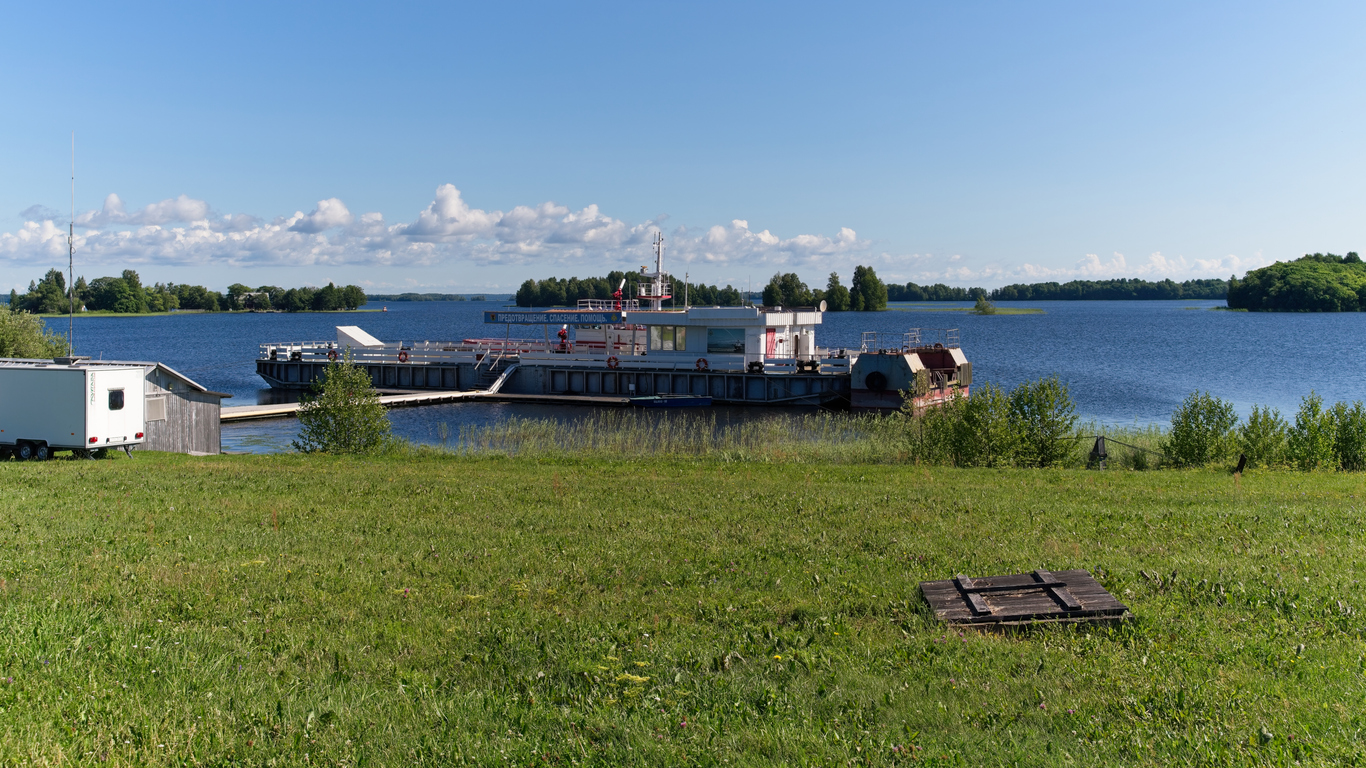A Step-by-Step Guide to Buying and Exporting Tin Ores from Rwanda
A Step-by-Step Guide to Buying and Exporting Tin Ores from Rwanda
Are you looking to buy and export tin ores from Rwanda? With its abundance of natural resources and strategic location in the heart of East Africa, Rwanda is a great place to source tin ores. Whether you’re an individual or a business, this step-by-step guide will help you navigate the process of buying and exporting tin ores from Rwanda. From understanding the local laws and regulations to finding reliable suppliers and exporters, this guide has you covered. With its low-cost labor and access to global markets, Rwanda is the ideal place to purchase tin ores and export them to your destination of choice. So, if you’re looking for a comprehensive guide to buying and exporting tin ores from Rwanda, you’ve come to the right place. Let’s get started!
Understanding the Legal and Regulatory Environment in Rwanda
Before you start sourcing and purchasing tin ores from suppliers in Rwanda, it’s important to understand both the legal and regulatory environment governing the import and export of these resources. This will help you avoid getting in trouble with local authorities, which is something you definitely don’t want. For starters, it’s illegal to export raw minerals from Rwanda. The country only allows the export of processed tin ores, which are used to make tin metal and other products. Next, there are a few factors that determine the export duties and taxes you’ll have to pay when importing tin ores to Rwanda. These factors include the type of mineral being imported, the quantity and the value of the minerals. In general, the import duties and taxes associated with tin ores are low in Rwanda.
Identifying and Assessing Potential Suppliers
Before you start purchasing tin ores and other minerals, it’s important to identify a few potential suppliers. Doing so will help you get a feel for the market and find reliable suppliers that meet your requirements. You can start by creating a shortlist of potential suppliers based on your shortlist of needs and wants. To narrow down your list, consider the following factors: Reputation – What is the reputation of the suppliers like? Have they been in business for a long time? What are previous clients saying about them? Availability – Are the suppliers able and willing to meet your specific needs and requirements? Prices – How much will the suppliers charge for the minerals? Are prices negotiable? Terms of payment – What are the suppliers’ terms of payment like? What payment methods do they accept? What happens if you’re unable to make payments on time?
Negotiating Prices and Terms of Sale
Once you’ve identified a few potential suppliers, it’s time to start negotiating terms of sale. Before you do this, it’s important to know that you’re most likely dealing with middlemen. So, don’t expect to come face-to-face with the actual mining companies that are mining the ores. Instead, expect to be dealing with middlemen who buy ores from miners and sell them to businesses like yours. Now, when it comes to negotiating prices, you’ll want to have a general idea of the current rates for tin ores in Rwanda. To get an idea of current rates, you can check out online marketplaces such as Alibaba or local newspapers. Alternatively, you can also contact a few suppliers to ask for their rates. Once you have a general idea of current rates, you can start negotiating prices with your suppliers. Keep in mind that you don’t have to start at the current rate. Instead, you can start by offering a lower rate as a starting point for negotiation. As you progress through the negotiations, keep track of the various factors that affect the prices of tin ores in Rwanda. These factors include quantity, quality, payment terms and delivery terms.
Transportation and Logistics
Now that you’ve sourced and purchased your tin ores, it’s time to get them to your place of business. To do this, you have two options: You can hire a logistics company or you can use a logistics service provided by your supplier. In general, it’s best to use a logistics company provided by your supplier. This way, you’ll have more control over the transportation and logistics process. Now, when it comes to transporting your ores, you have a few options. You can either hire a truck and have the supplier deliver the ores to your place of business by road, or you can have the supplier load the ores onto a shipping vessel. If you choose to have the supplier load the ores onto a shipping vessel, it’s important to note that you’ll have to pay for transportation to the nearest port. Once your ores arrive at the nearest port, they can be shipped to your final destination.
Export Documentation Requirements
Now that you’ve sourced and purchased your tin ores and they’re ready to be exported, it’s important to understand export documentation requirements. In general, the following documentation is required for exporting tin ores from Rwanda: Commercial Invoice – Every export shipment must contain a commercial invoice that mentions the quantity and grade of the minerals being exported. Shipping Bill – A shipping bill that includes the name and address of the exporter, the name of the importer and the commercial invoice number must be provided when exporting your minerals. Bill of Lading – To track your shipment and confirm its arrival, a bill of lading must be provided when exporting your minerals. Certificate of Origin – Your minerals must be accompanied by a certificate of origin confirming that they were produced in Rwanda.
Quality Control and Quality Assurance Measures
Now that you’ve sourced and purchased your tin ores and they’re ready to be shipped to your place of business, it’s important to take quality control and quality assurance measures. The best way to do this is by hiring a reputable third-party inspection company to conduct third-party inspections at your supplier’s place of business. Alternatively, you can also ask your supplier to conduct random third-party inspections at their place of business. However, it’s important to note that third-party inspections are not required when exporting tin ores from Rwanda. Next, it’s important to check the quality of the ores before shipping them to your place of business. Again, the best way to do this is by hiring a reputable third-party inspection company to conduct third-party inspections at your supplier’s place of business. Alternatively, you can also ask your supplier to conduct random third-party inspections at their place of business. However, it’s important to note that third-party inspections are not required when exporting tin ores from Rwanda.
Payment Options
Now that you’ve sourced and purchased your tin ores and they’re ready to be shipped to your place of business, it’s time to discuss payment terms with your supplier. In general, suppliers accept payment in one of two ways: By Letter of Credit (LC) – In this scenario, the supplier will issue an LC that you’ll need to pay off at your place of business. By Escrow Account – In this scenario, you’ll make the payment to an escrow account that’s managed by a trusted third party.
Insurance
Now that you’ve sourced, purchased and exported your tin ores, it’s important to get insurance. This way, if your shipment is lost or damaged in transit, you’ll be able to recover the losses and damages. To do this, you can hire a reputable insurance company that provides insurance for the minerals industry. Alternatively, you can purchase insurance through your shipping company. Finally, you can also ask your supplier if they offer insurance. If they do, you can purchase insurance through your supplier and have them ship the ores using their insurance policy.
Export Market Opportunities
Now that you’ve sourced and purchased your tin ores and they’re ready to be shipped to your place of business, it’s important to understand the various export market opportunities for tin ores. In general, tin ores are used to manufacture a variety of goods, including batteries, capacitors, pipes and roofing materials. Below is a brief overview of the main export market opportunities for tin ores: Asia – Tin ores are mostly consumed in Asia, where they’re used to make a variety of goods. Europe –








LEAVE A COMMENT
You must be logged in to post a comment.